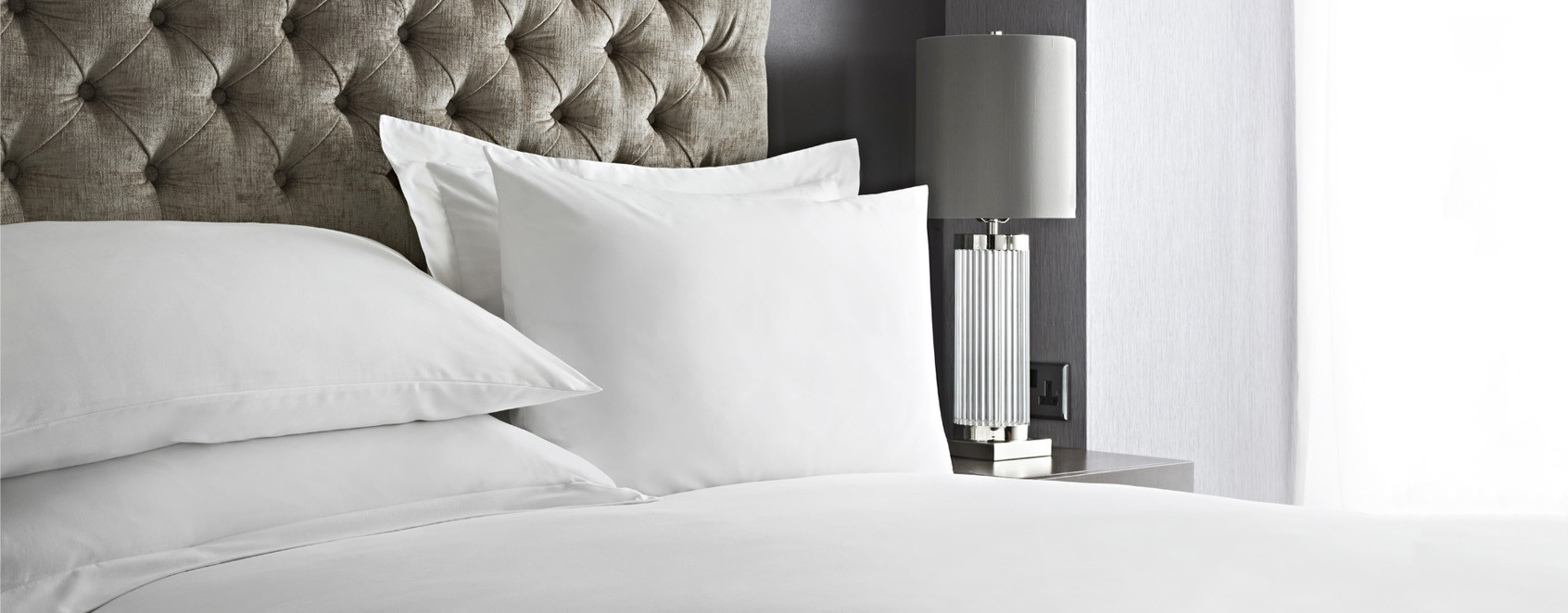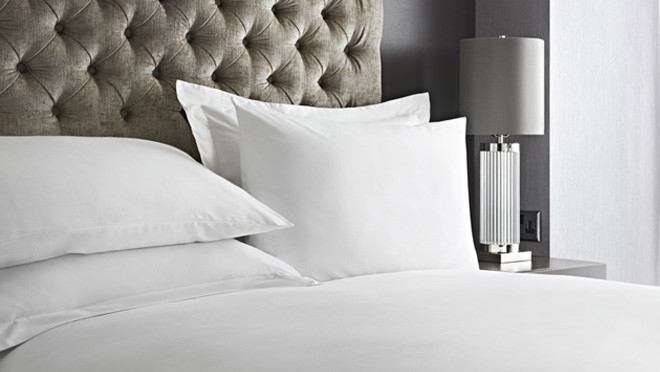We use cookies to make your experience better. To comply with the new e-Privacy directive, we need to ask for your consent to set the cookies. Learn more.
Antimicrobial solution excels in bed linen trial
The 4th Innovation Exchange
A revolutionary way to reduce bacteria in bed linen has just gone under the microscope, which could have implications for the hotel trade. The Hohenstein Institute, a scientific research centre that specialises in textiles, organised the 4th Innovation Exchange in the German town of Bonnigheim recently. More than 80 business leaders from linen companies and related industries turned up to learn about cutting-edge solutions to age-old problems, according to trade news site Innovation in Textiles.
The article explained: "Participants in the Innovation Exchange were introduced to 12 research projects in very different fields which have been carried out in partnership with the industry. Between the presentations there was ample time for the audience and the presenters to talk, so any specific questions could be answered in a face-to-face meeting." Hoteliers will no doubt have been particularly interested by the results of the third research project up for discussion. In a field study conducted jointly by the Hohenstein Institute, textiles giant CWS-boco International GmbH and a German care home, bed linen was treated with a new optimised antimicrobial solution.
Treatment makes a noticeable difference on bed linen
This treated bed linen was then observed in a laboratory and simultaneously in a care home to assess its impact on microbe levels. In the scientific setting, the bed linen produced "very good results"; in the real-world setting, meanwhile, more microbes were detected on the textiles but the researchers still concluded that the bed linen could be stored for longer time periods without becoming infested. As a result, they concluded that the optimised antimicrobial solution should be used alongside traditional cleaning and disinfecting when changing bed linen in future.
Microbes are an ever-present problem in the hotel trade. Although extremely difficult to eradicate altogether, their numbers can be greatly reduced by adopting simple measures such as regularly changing bed linen, washing at high temperatures and storing unused sheets in dry airing cupboards.


